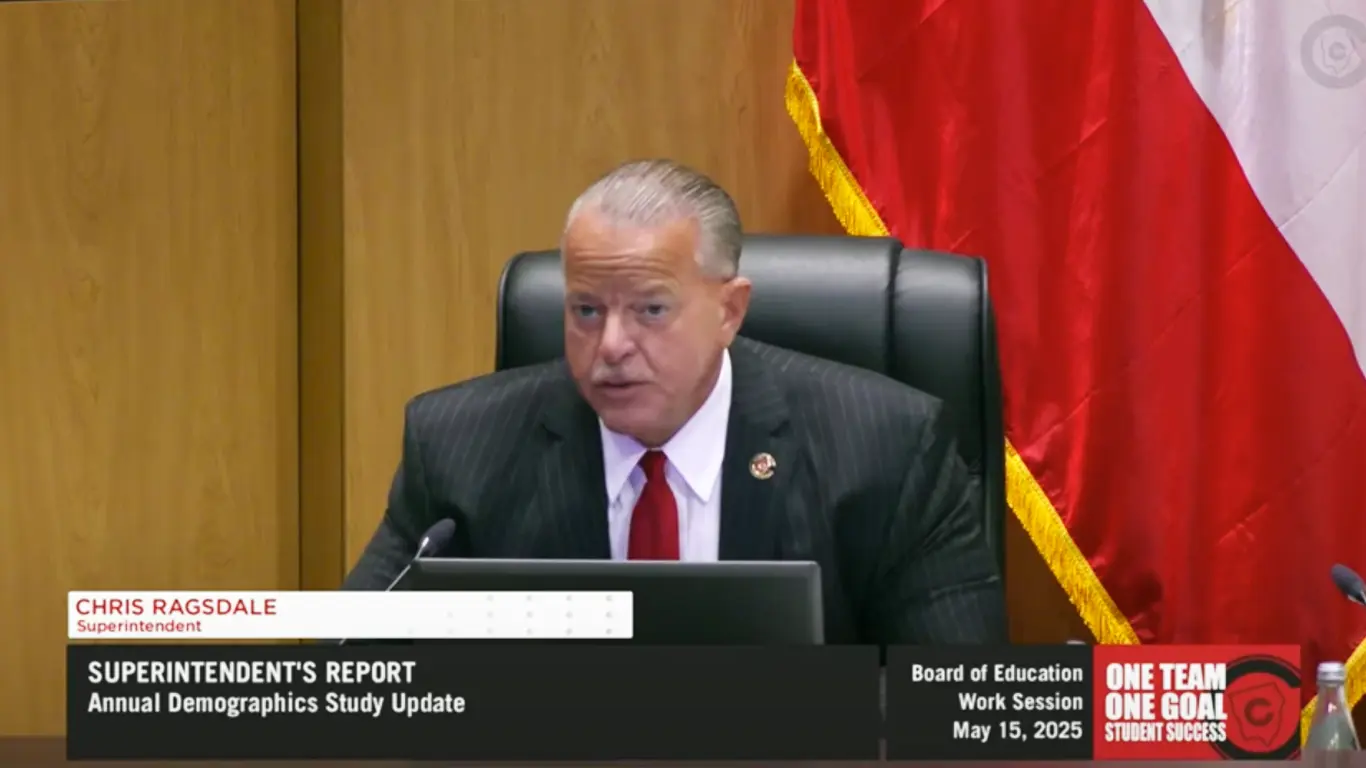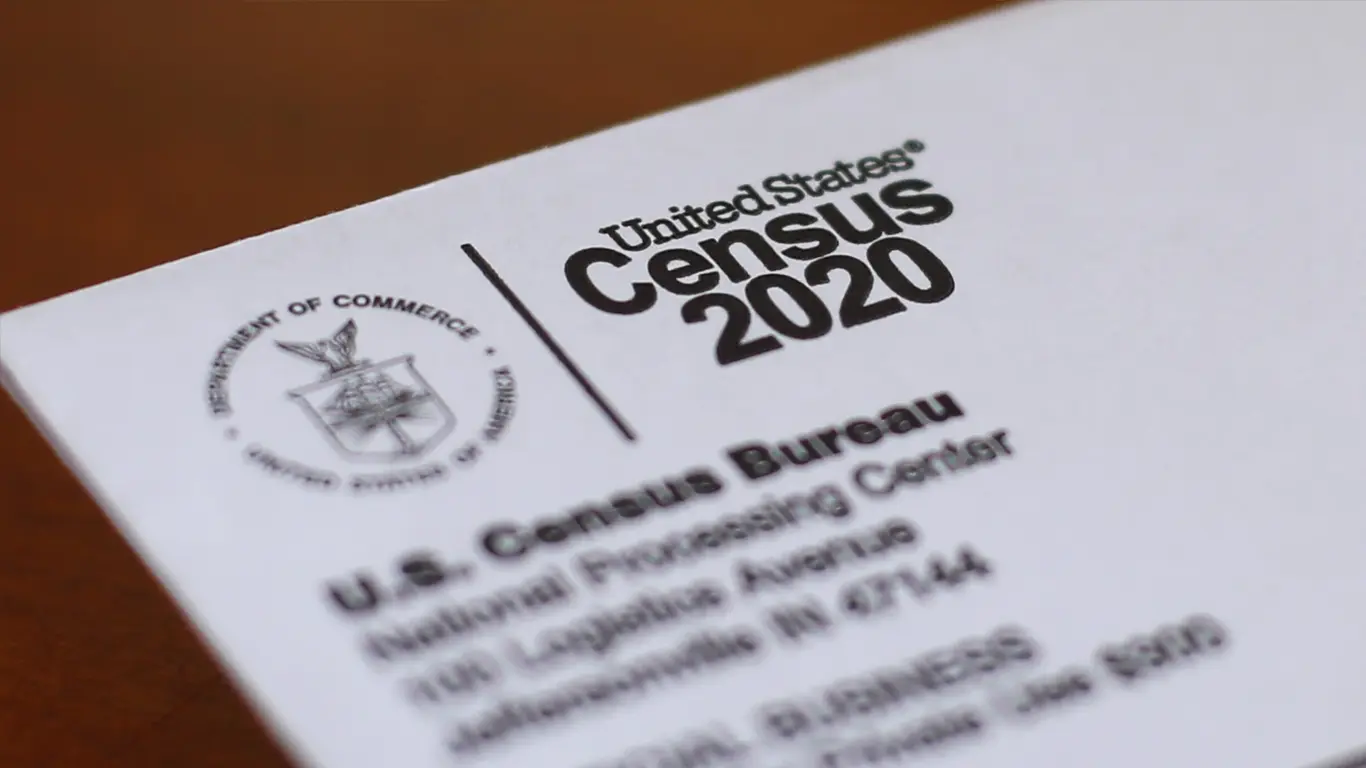Cobb County Superintendent Ragsdale Comes Out Swinging Warning that Cobb’s Overbuilding of Apartments Will Wreck Cobb Schools and The Community
Cobb County’s Superintendent Chris Ragsdale issued a direct and urgent warning to local officials and parents: if the county continues rubber-stamping apartment permits at its current pace, the entire school system—and the academic reputation Cobb has built for decades, is at risk of decline.
During a recent presentation to the Cobb County School Board, Ragsdale unveiled a striking demographic report prepared by James Wilson of Education Planners, LLC.
The report, backed by hard data, revealed that Cobb County approved more apartment construction permits than any other county in the Atlanta metro area in 2022. Over 52% of Cobb’s 958 residential permits that year were for high-density, multi-family housing.
View the Building Permits Graph and Full Report: Cobb County School District Official Site
Watch Superintendent Ragsdale’s concerns here
Apartment Surge Threatens Cobb’s Nationally Recognized Academic Excellence
Ragsdale did not mince words. He called the trend of apartment overdevelopment “poor planning,” warning it would lead to the unraveling of what has made Cobb County schools a top-tier educational system in Georgia and the nation.
“This is not a housing issue, it’s an educational crisis in the making,” said Ragsdale. “We’re creating instability by choice.”
The data confirms what many parents and educators already feel: high-density housing directly contributes to transient student populations, which significantly disrupt learning environments and create serious logistical burdens for schools.
Three Critical Problems Tied to High-Density Housing
According to Superintendent Ragsdale and demographic consultant James Wilson, here are the three main problems Cobb schools face due to the county’s over-reliance on apartment permits:
- High Student Turnover
Apartment residents are more likely to move frequently, resulting in students who enroll mid-year and leave before the school year ends. This constant churn makes it nearly impossible for teachers to deliver consistent instruction and for students to build meaningful academic relationships. - Unpredictable Resource Demands
When student enrollment fluctuates unpredictably, schools can’t plan budgets, allocate teachers, or manage classroom sizes effectively. Resources are stretched thin, and students suffer. - Weakened Community Ties
Transient families are less likely to participate in PTAs, volunteer efforts, and school events. The result? Weaker parental engagement, less local accountability, and a deteriorating sense of school pride and cohesion.
Cobb County: Leading in Permits, Falling in Stability
Cobb’s planning decisions are now placing it in a troubling position. While other metro counties like Gwinnett and Fulton have diversified development, Cobb has leaned heavily into apartments. That choice, according to Wilson’s research, threatens to erode Cobb’s long-standing academic standing.
“More apartments equals more student turnover. More turnover equals more instability. And instability is the enemy of achievement,” said Wilson.
In short, Cobb County is at a crossroads: either rein in high-density development or accept the consequences, declining test scores, stressed-out teachers, and fractured school communities.
The Hidden Cost of Transiency
Transiency doesn’t just hurt individual students; it slowly deteriorates the foundation of successful schools and neighborhoods. Studies have shown that high-turnover populations lead to:
- Lower standardized test scores
- Increased disciplinary issues
- Lower graduation rates
These ripple effects don’t stay within school walls, they spill out into neighborhoods, real estate markets, and local economies
Double Sessions Could Be Cobb’s Future
Superintendent Ragsdale also warned of a scenario few parents or teachers want to see: double sessions in Cobb schools. If the current apartment growth trend is not curbed, the overcrowding may soon force schools to divide students into two groups, one attending during early daytime hours, and another attending in the late afternoon into the evening, using the same classrooms.
This drastic model, already used in other overcrowded districts across the nation, would disrupt family schedules, stretch teachers thin, and upend extracurricular and support programs. It’s a scenario no community that values educational excellence should accept lightly.
Time to Hit the Brakes
Superintendent Ragsdale made one point crystal clear: If someone doesn’t say “stop,” Cobb County will lose what makes its schools elite.
“We are not opposed to growth,” Ragsdale said, “but it must be smart, sustainable growth, growth that considers the impact on our classrooms and children.”
With the 2024–2025 school year approaching, community leaders and county officials must confront an uncomfortable truth: unchecked apartment growth will dismantle the excellence that generations of Cobb County families have come to expect and depend on.







